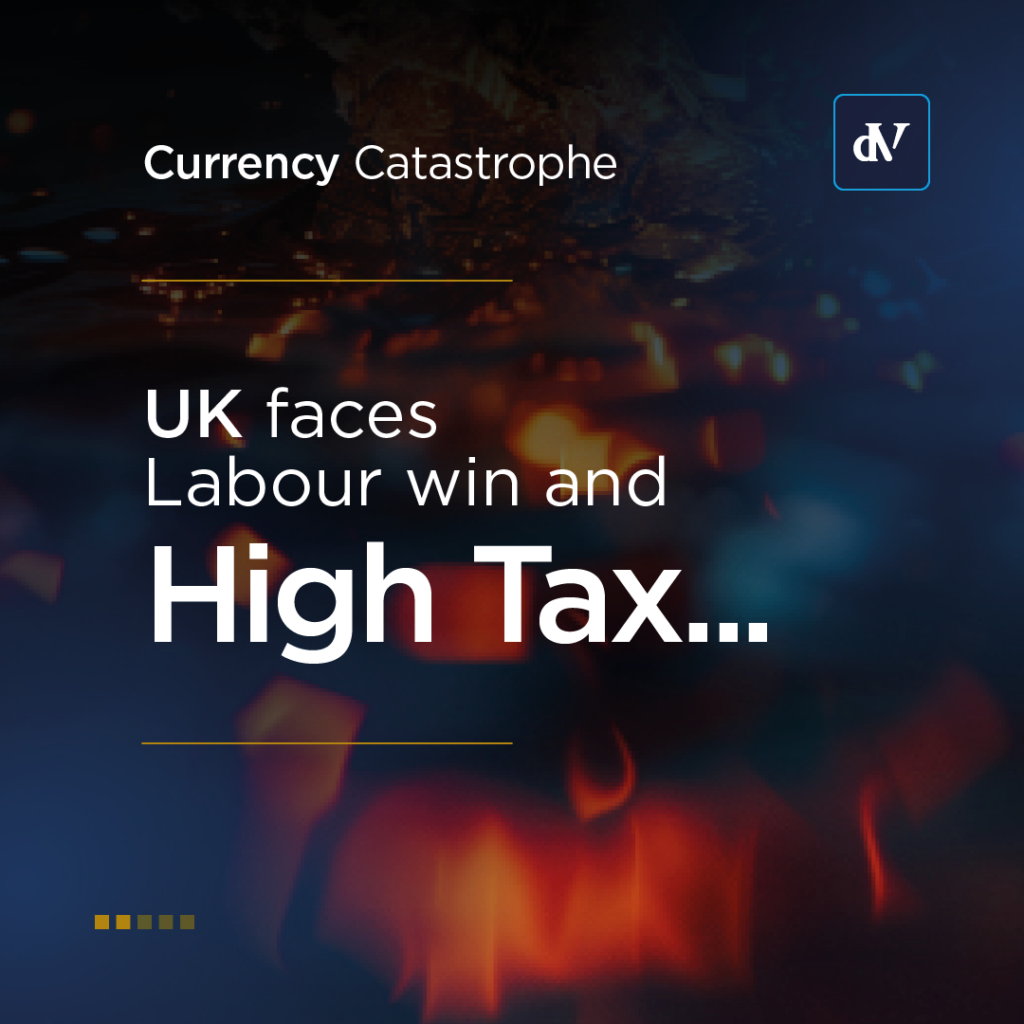|
Getting your Trinity Audio player ready...
|
Liz Truss’ reign at No.10 brought back an old phrase to British Politics; ‘trickle-down’ economics.
What is trickle-down economics?
Put simply, ‘trickle-down’ economics is the theory that if the richest people in society are given more disposable income and economic freedom, this will inject extra cash into the economy. In turn, this would theoretically ‘Trickle-down’ to the rest of society. ‘trickle-down’ economics, the likes of which we haven’t since the 1980s, was back! (even if it was only back for 50 days…)
Popularity for ‘trickle-down’ theory peaked in the 80’s, where we saw ‘Thatcherism’ and ‘Reaganomics’ in their respective nations. These were brands of free-market economic theory, sourced from economists, Hayek, and Friedman.
Both Thatcher and Reagan sought to legislate ‘trickle-down’ economics (TDE). They aimed to leave top earners with more money which, in theory, would trickle down to the rest of society. The height of this legislation for Thatcher (and the policy that would ultimately lead to her demise) was the Poll Tax.
Poll Tax regressively taxed all taxpayers, meaning that the proportion of your income taxed remained the same, irrespective of your income. This meant the richer in society, proportionally, kept more of their earnings.
Truss has become the modern flag-bearer for ‘Trickle-down’ policy in British politics. In the Tory leadership race, she even had to deny accusations that she was dressing in the same fashion as Mrs Thatcher did.
Truss’ ‘trickle-down’ policy came in the form of major tax cuts. These tax cuts were announced by her Chancellor, Kwasi Kwarteng, who hastily prepared his ‘mini budget’ with no consultation with the Debt Management Office or the Office for Budget Responsibility.
On the 23rd of September, in a speech to the Commons, Kwarteng announced the biggest tax cut that Britain had seen in 50 years.
The £45bn tax cut put the markets into pandemonium. He delivered the speech on the Friday. By the Monday, when the markets opened in Asia, the cost of government debt had soared.
Long term Gilt yields rose 0.5%. The BoE even had to step in with a package worth up to £65bn in order to protect UK pensions (which rely heavily on 30-year Gilts). It also sent the pound into a downward spiral and put it on historic lows against the Dollar. The Government’s actions sent the cost of borrowing skyward.
Fearful of the governments behaviour, mortgage rates shot up, and offered mortgages were withdrawn by banks.
Unsurprisingly, we have seen Kwarteng sacked as Chancellor and Truss ousted as PM. They messed up. It was neither the right time nor execution, however, the question remains – is that it for ‘trickle-down’ economics for the foreseeable future?
National polling would suggest it is. Even before Trussenomics burst onto the scene, the public were averse to tax cuts. A summer poll found that only 22% of people believed that taxes should be cut.
Given the events of the last few months, we would expect this figure have decreased even further. This can be seen among Tory voters.
Around 7 in 10 Tory voters thought Truss’ tax cuts should have never happened. Understandably, we must consider that this will also represent people’s aversion to the timing of the tax cuts. However, for Tory voters (who would typically welcome such a cut), this is a profound reaction.
Given that the Bank of England is warning of higher interest rates, a two-year recession, and unemployment of up to 6%, it is unlikely that attitudes among the public will change. If people are scrimping and saving over the next few years, it is doubtful that they will be in favour of a tax cut for those that have not.
In terms of political parties, we’ve seen the new Tory PM come out avidly against fiscal loosening. In sharp contrast to his predecessor, Rishi Sunak has warned that everyone in the UK will be paying more tax for the foreseeable future. It is unlikely we will see any ‘trickle-down’ policies coming out of No.10 – at least whilst Sunak is in charge.
It’s the same story with Labour, under Keir Starmer. Although Labour has made a conscious effort to shift away from Corbynism and towards a more pro-market, centrist approach, it would be fanciful to imagine Labour even considering any form of ‘trickle-down’ economics.
With this in mind, it seems unlikely that we will see ‘trickle-down’ economic policy in the UK, at least going into the next few elections.
That’s not to say it won’t be back. It’s taken 40 years for it to stick its head above the parapet again… Maybe we’ll see it again in 2062.




